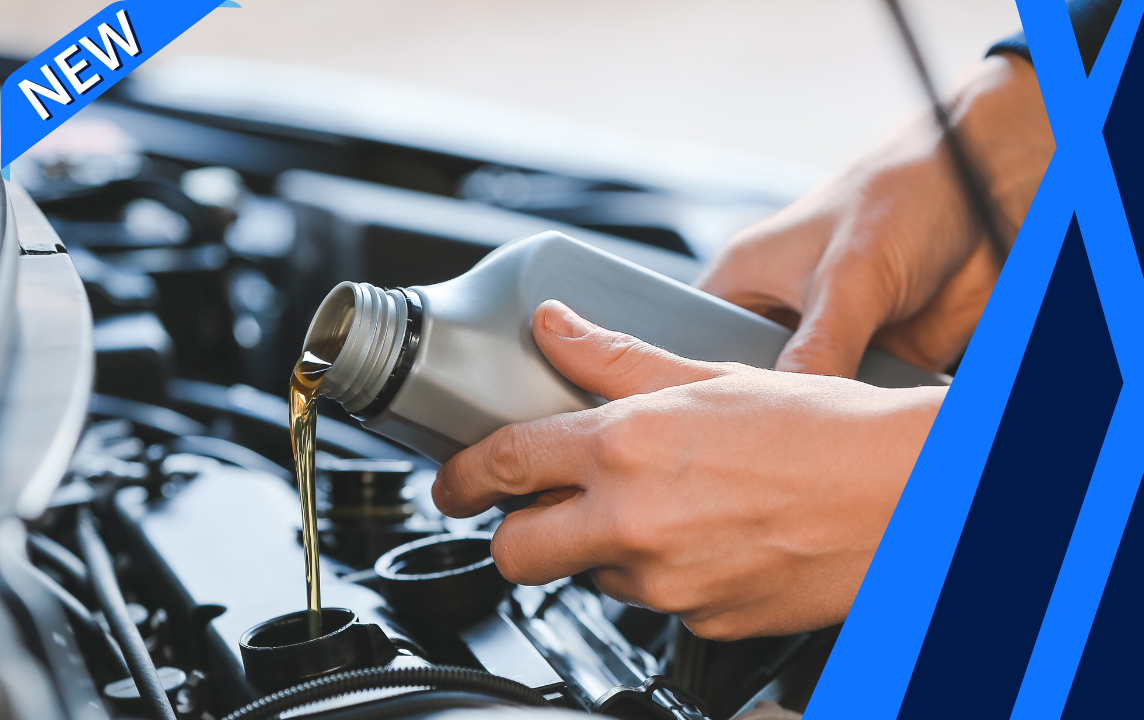Description
Noise from engine or exhaust Inspection
Common reasons for this to happen:
Here’s a guide to engine noises and some potential causes.
Whirring
Description: A vibrating or buzzing, much like the sound a window fan makes when turned on.
Cause: A whirring sound that changes with engine speed could indicate trouble brewing under the hood. There are many possible causes, typically on belt-driven accessories or the belt(s) themselves. Your mechanic will start by listening to the bearings of your alternator, idler, and tensioner pulleys. If no problem is found, the water pump is a likely culprit.
Hissing, Gurgling, and/or Sizzling
Description: Hissing sounds like air or steam escaping from a pipe or hose. Sizzling is like a slice of bacon in a hot griddle.
Cause: These three sounds often go hand-in-hand with an overheating engine. The hissing means your cooling system has possibly developed a leak. Gurgling sounds like a coffee pot percolating and is the result of coolant boiling (abnormal in a properly operating system). Sizzling results from that coolant or oil landing on a heated engine component like, say, the exhaust manifold. The best course of action is to pull over as soon as safely possible, let the engine cool down and call a mechanic. Suppose the car isn’t overheating but is still hissing. In that case, other potential maladies include a clogged exhaust and catalytic converter. Still, these are usually associated with more noticeable problems driving.
Loud Exhaust Note
Description: We are not talking about a throaty, grumbling, wonderfully musical exhaust note. No. We are talking about loud noises that occur unintentionally and suddenly.
Cause: The most likely perpetrator here will be a broken muffler or exhaust pipe. Suppose a loss in performance accompanies that noise. In that case, the problem is likely something deeper, possibly a cracked exhaust manifold or broken catalytic converter.
Backfires
Description: A blast from an M-80. Technically, a backfire is a fuel detonating outside the combustion chamber. It can occur in either the intake system or the exhaust system, depending on the cause.
Cause: The most common is moisture or water in the fuel system. While your car’s gas tank may be tightly sealed, H2O can still seep in as the result of condensation caused by changes in humidity and/or dramatic swings in outside temperatures. The fuel filter should remove it, but some water can get by, especially if the filter is old. An unbalanced air-to-fuel mixture is the suspect of interest here and maybe from leaky vacuum hoses or a malfunctioning air intake valve.
Sputtering
Description: Imagine a jerking action from the engine and/or powertrain. The engine indiscriminately loses power, or RPMs fluctuate, as the driver accelerates.
Cause: An incomplete combustion event. While this doesn’t sound dire, it can cause severe damage to other engine components, specifically catalytic converters. In 1996 and later engine models, a misfire will typically be accompanied by a flashing check engine light.. Have the technician check the ignition system, not just simply replace the spark plugs. This includes examining the ignition coil, rotor, cap, and wires (if so equipped).
A blocked or malfunctioning fuel injector will also cause your car to sputter. In some cases, it may be accompanied by a steady clicking sound.
Tapping or Clicking
Description: Imagine the sound made by a watch’s movement or a ratcheting wrench. It’s a metallic tick, as though someone is striking the engine block inside with a metal stick in a rhythmic manner.
Cause: When tapping is engine related, it is usually more pronounced at idle, and increases in speed with engine RPM.. It may disappear at high speeds. In this case, it is probably upper valve train or tappet noise caused by either low oil pressure, excessive valve clearance or a defective hydraulic valve lifter.
The most common cause — and easiest to remedy — is that the engine is low on oil. Another answer is that there is some blockage in the system. Culprits could include a worn or damaged oil pump or a clogged oil filter. If you haven’t had your oil and filter changed in a while, consider doing so immediately.
If it’s not an oil issue, it’s potentially related to the valve train, as we stated above; i.e., a serious internal engine problem that is preventing normal oil pressure from reaching the upper valve train components.
Spark Knocking (Preignition)
Description: A light, metallic knocking sound, usually under acceleration.
Cause: Knocking is most commonly attributed to improper ignition timing, lean air/fuel ratio, overheating, or improper fuel octane level.
It’s a common misconception that there are benefits to using higher-octane gasoline in your vehicle then the owner’s manual specifies; however, using a lower-grade fuel can very well produce engine knock.
Bearing Knock
Description: Bearing knock is typically a deeper tone, directly related to engine RPM.
Cause: It is typically associated with excessive main bearing clearance (a regular, rumble-like knock), worn connecting rod bearings (sharp, irregular knock). Bearing knocks usually involve labour-intensive repairs. The good news is, regularly performed preventative maintenance (oil and filter changes) will typically prevent bearing damage from occurring for the life of your vehicle.
What to expect:
A top-rated mobile mechanic will come to your home or office to determine the source and cause of the engine or exhaust noise, and will then provide a detailed inspection report that includes the scope and cost of the necessary repairs.
How it’s done:
The mechanic will typically begin by listening to identify the general source of the noise. In the case of potential belt or accessory noise, a stethoscope is used while the engine is running to listen to individual bearings under load. A noise with a corresponding drivability concern (misfire, preignition) will usually be approached with a scanner or code reader to determine which electrical system may malfunction. Internal engine noises (knock, tick) will almost always begin by checking the engine oil level. If the oil level and condition are acceptable, your engine may require a more extensive disassembly.
How important is this service?
Given that noise can indicate a minor or major issue, it’s wise to book a mechanic to perform an inspection as soon as possible and learn promptly what’s at the root of the engine or exhaust noise.




